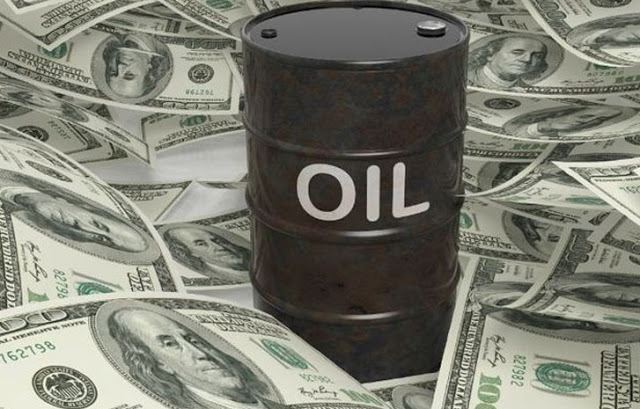By Reuters
Brent crude oil prices rose on Wednesday, lifted by U.S. producers shutting most of their offshore output in the Gulf of Mexico ahead of Hurricane Laura and optimism over China-U.S. trade talks.
But gains were capped amid renewed concern over the coronavirus pandemic, which has squeezed fuel demand, after reports from Europe and Asia of patients being re-infected with COVID-19, raising concerns about future immunity.
Brent crude oil futures added 12 cents, or 0.3 per cent, to $45.98 a barrel by 0335 GMT while U.S. West Texas Intermediate crude remained steady at $43.35 a barrel.
Both benchmarks settled at a five-month high on Tuesday.
“The hurricane impact is short-term bullish but that could be short-lived if the damage to the Texas and Louisiana coasts cripples demand for an extended time,’’ said Edward Moya, senior market analyst at OANDA in New York.
The U.S. energy industry on Tuesday was preparing for a major hurricane strike.
Producers evacuated 310 offshore facilities and shut 1.56 million barrels per day (bpd) of crude output, 84 per cent of Gulf of Mexico’s offshore production – near the 90 per cent outage that Hurricane Katrina brought 15 years ago.
“Markets are currently pricing in a possible near-term catastrophic gasoline shortage,’’ said Stephen Innes, chief global markets strategist at AxiCorp.
Top U.S. and Chinese officials reaffirmed their commitment to a Phase one trade deal, which has seen China lagging on its obligations to buy American goods, potentially boosting flows between the world’s two largest oil consumers.
Further price support came from data from the American Petroleum Institute showing U.S. crude oil stockpiles fell more than expected last week.
The U.S. Energy Information Administration, the statistical arm of the Department of Energy, will release its own official inventory data later on Wednesday.
Still, downward pressure came from concern about demand after data showing U.S. consumer confidence has tumbled to its lowest in more than six years due to concern about coronavirus-induced job losses.




